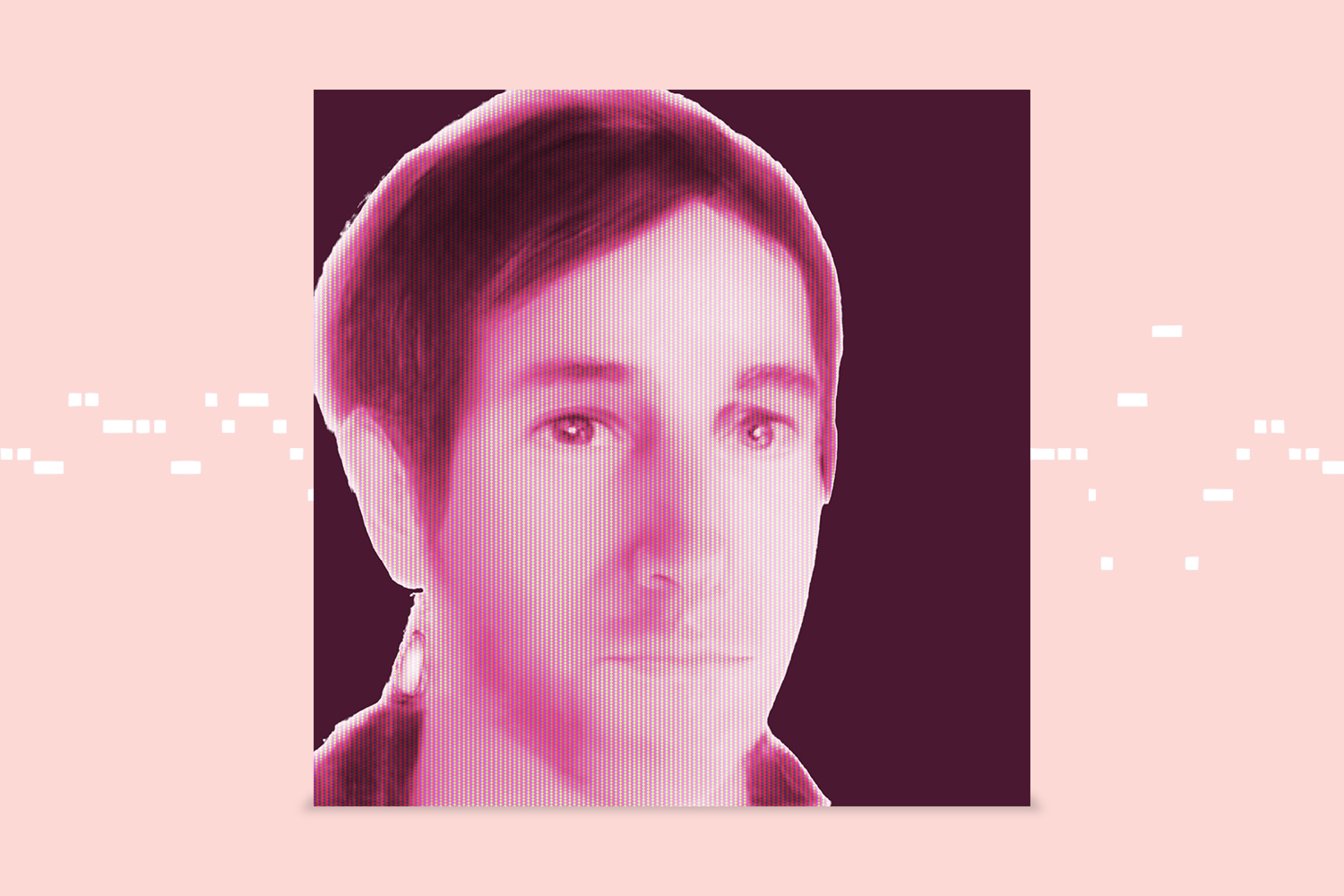Sugar Sk*-*lls Generative AI
posted January 3, 2020 #
Nashville electronic musician Sugar Sk*-*lls is generally known for creating a bit of dance-y 8-bit inspired music. His work has grown and expanded over time but, in general, his public output has been somewhere in that realm. Recently he released explicit ethical agent, a new full-length album that not only explores new sonic territory but also an entirely new way of making music. With the help of Google's Magento AI, he poses the question - is this music even mine?
While I am sure he is not the first to do this, I am rather intrigued by the entire process. His liner notes for the album explain the process in great detail but here's the gist. Google AI powers Magenta, a tool for making music and art via Machine Learning. The free web version of the tool is seeded with 10,000 classical songs and allows you to input some notes or chords to start the process of creating a song. Some small musical input creates a full-length song.
Sugar Sk*-*lls went through this process to input a single chord for each song, got back the MIDI output and ran it through his standard batch of synthesizers. The output is explicit ethical agent. The music is fine - neither offensive nor overtly compelling but the question of "Is this Sugar Sk*-*lls music?" is a fascinating one to ponder. If a musician isn't making the choices of how song is created, can they even claim it as their own?
Even more interesting to ponder is the idea of this AI being seeded with his own back catalog of music. The output would, surely, be more sonically aligned with his previous work but the question would still stand on who the actual "creator" was. It doesn't take much to extract that even further and wonder about an AI seeded with Bowie or Prince or Aphex Twin or anyone for that matter and contemplating what you get back.
None of these curiosities are particularly new - Spotify has been playing with AI music for years and some of it ain't bad. It's not a leap to imagine a world where Spotify's Radio option is seeded based on your actual music interests and entirely new compositions are made; specifically for you.
Sugar Sk*-*lls writeup on the undertaking (which, apparently, only took about 2 hours) is a great read but I particularly enjoy his closing remarks, so I'll leave you with those:
Sugar Sk*-*lls went through this process to input a single chord for each song, got back the MIDI output and ran it through his standard batch of synthesizers. The output is explicit ethical agent. The music is fine - neither offensive nor overtly compelling but the question of "Is this Sugar Sk*-*lls music?" is a fascinating one to ponder. If a musician isn't making the choices of how song is created, can they even claim it as their own?
Even more interesting to ponder is the idea of this AI being seeded with his own back catalog of music. The output would, surely, be more sonically aligned with his previous work but the question would still stand on who the actual "creator" was. It doesn't take much to extract that even further and wonder about an AI seeded with Bowie or Prince or Aphex Twin or anyone for that matter and contemplating what you get back.
None of these curiosities are particularly new - Spotify has been playing with AI music for years and some of it ain't bad. It's not a leap to imagine a world where Spotify's Radio option is seeded based on your actual music interests and entirely new compositions are made; specifically for you.
Sugar Sk*-*lls writeup on the undertaking (which, apparently, only took about 2 hours) is a great read but I particularly enjoy his closing remarks, so I'll leave you with those:
As the technology matures and improves, it will invariably alter the nature of musical creativity. The introduction of photography and the technology’s ability to render an image of an individual didn’t make portrait drawing and painting redundant. Photography changed and opened up the possibilities, meaning, and purpose of human rendered forms. In the case of music, AI driven compositional technology could have a democratizing effect on the creation of music. The creation of music is not just bound to the musician’s ability to perform an idea on an instrument or knowledge of music theory, but also the distillation of a musician’s stylistic influences. A tool that can manipulate content via styles like swatches on a palate already exists for image creation. However, just as deceased musicians can be made into holograms that tour previous material and generate revenue without the musician’s explicit consent, the stylistic essence of a musician can potentially be quantified and made to output new works without the musician present. The technology will present new methods to exploit musicians and create new modes of expression. Ultimately it will further blur the lines of listening to and creating music, which is a kind of subversion I fully support.

